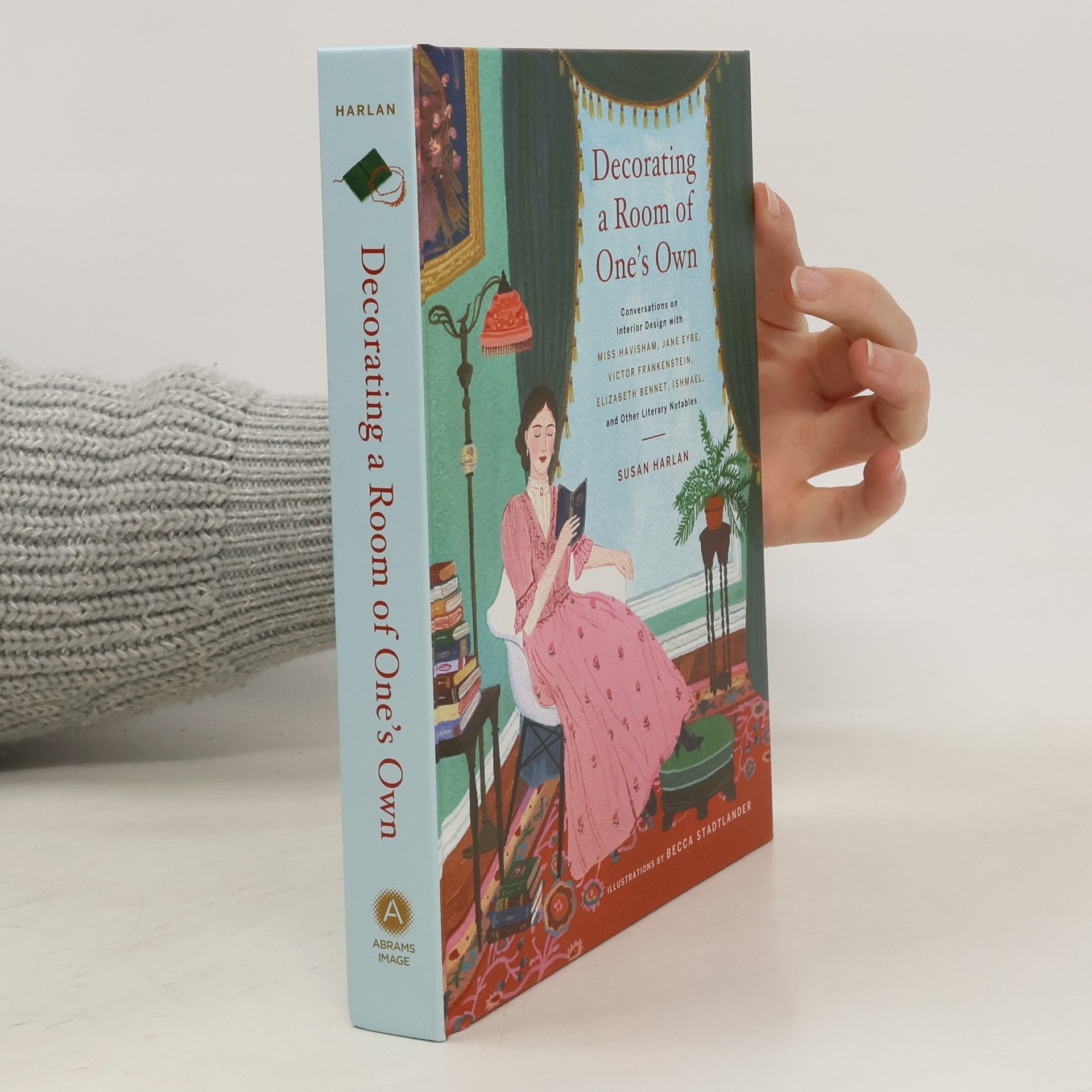Decorating a Room of One's Own
- 208pagine
- 8 ore di lettura
From Lady Macbeth's favourite room in the castle, to Lizzy Bennet's vision of Pemberly, this delightfully satirical book brings literary backdrops to the foreground by reimagining characters as homeowners who reveal their tastes in interiors The Bookseller
